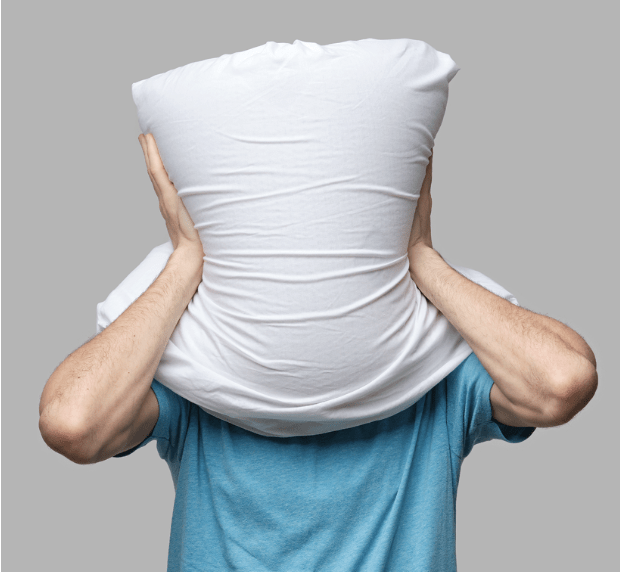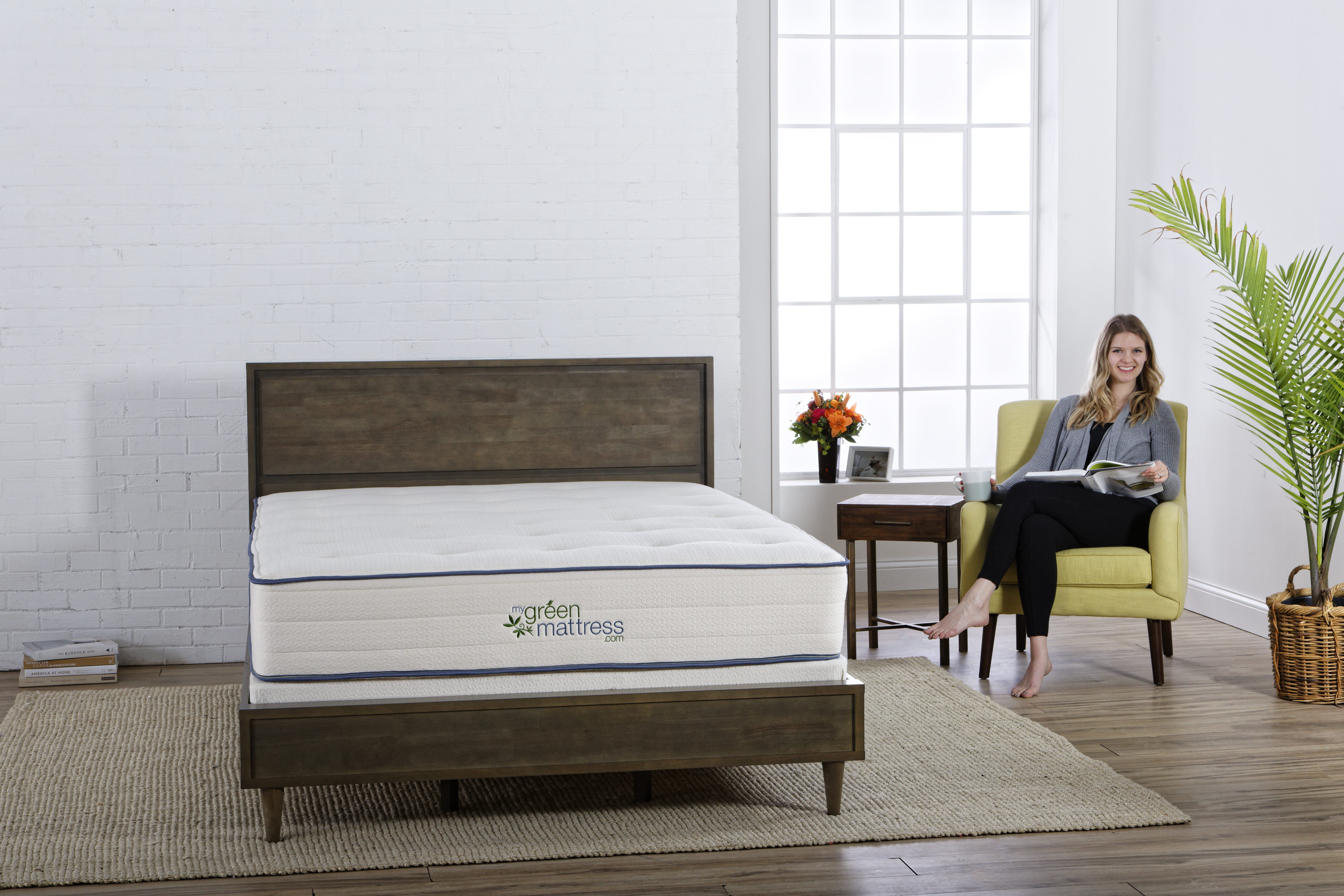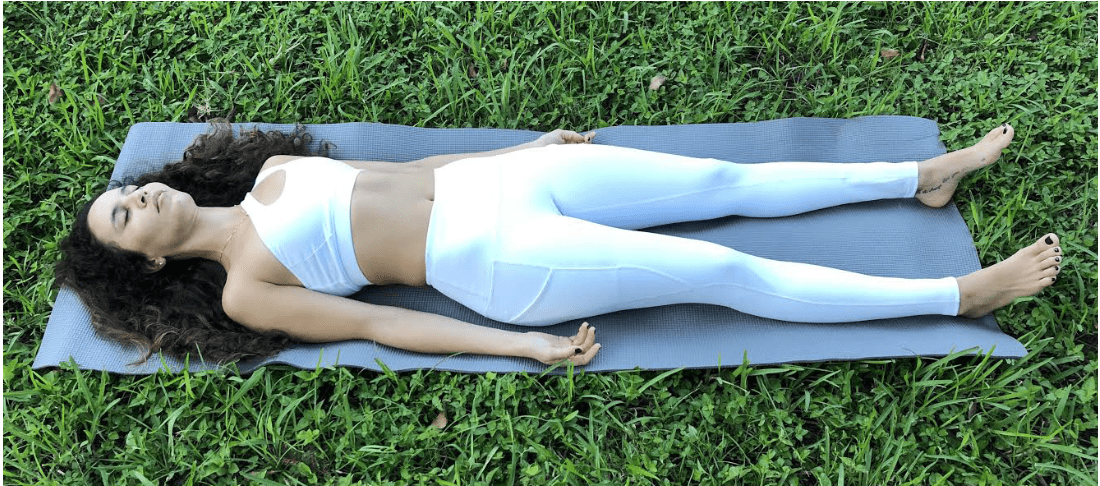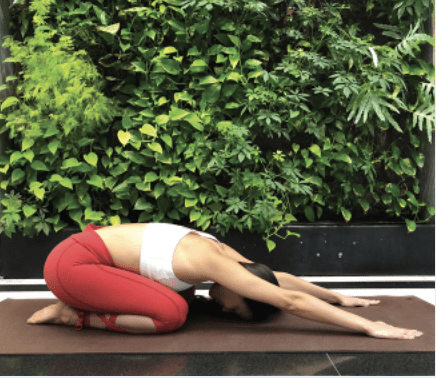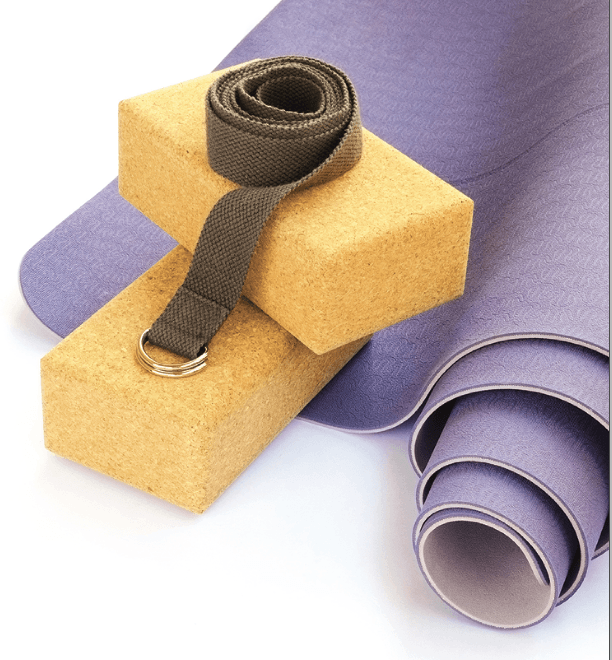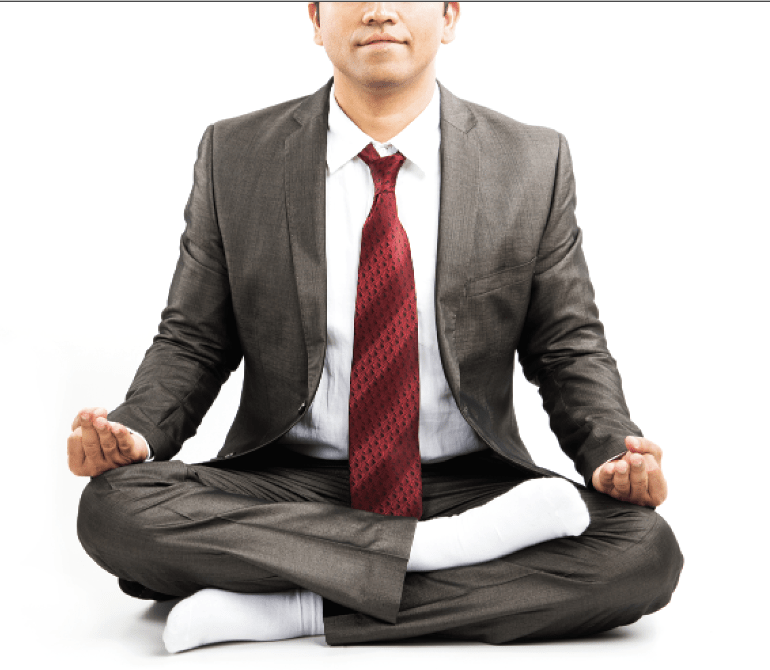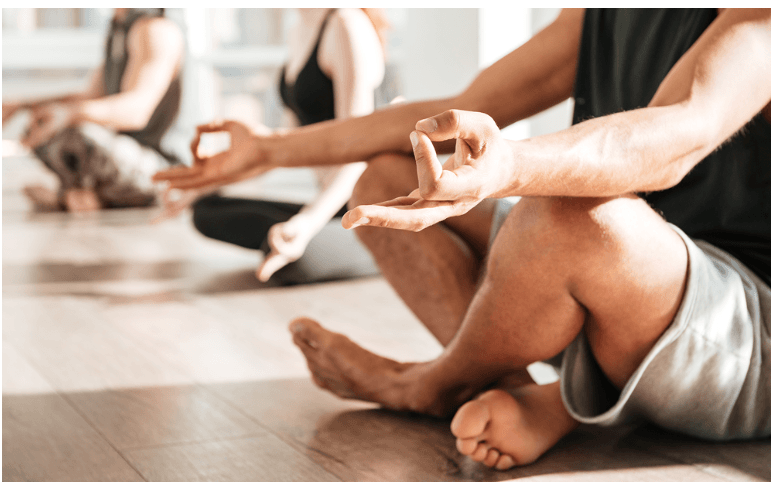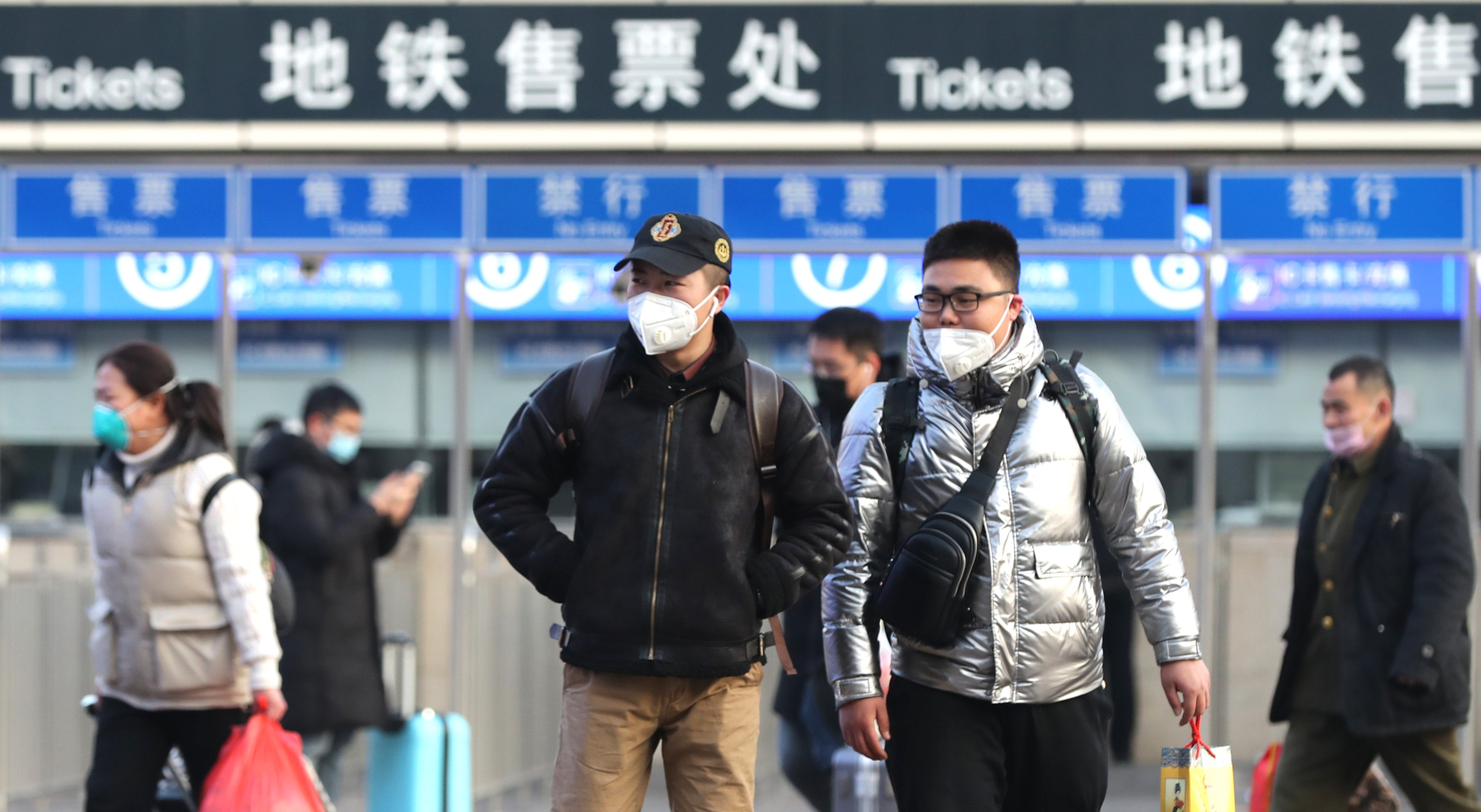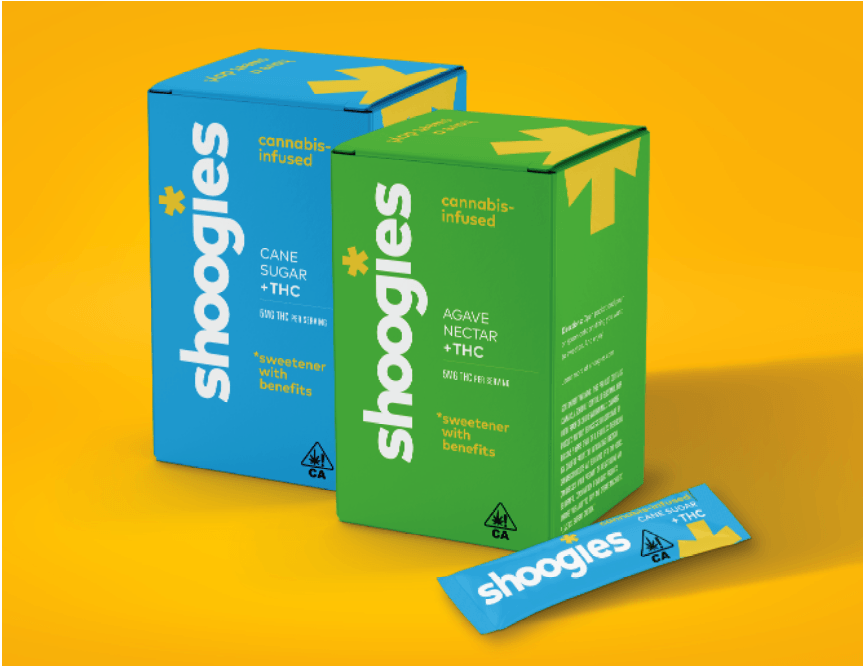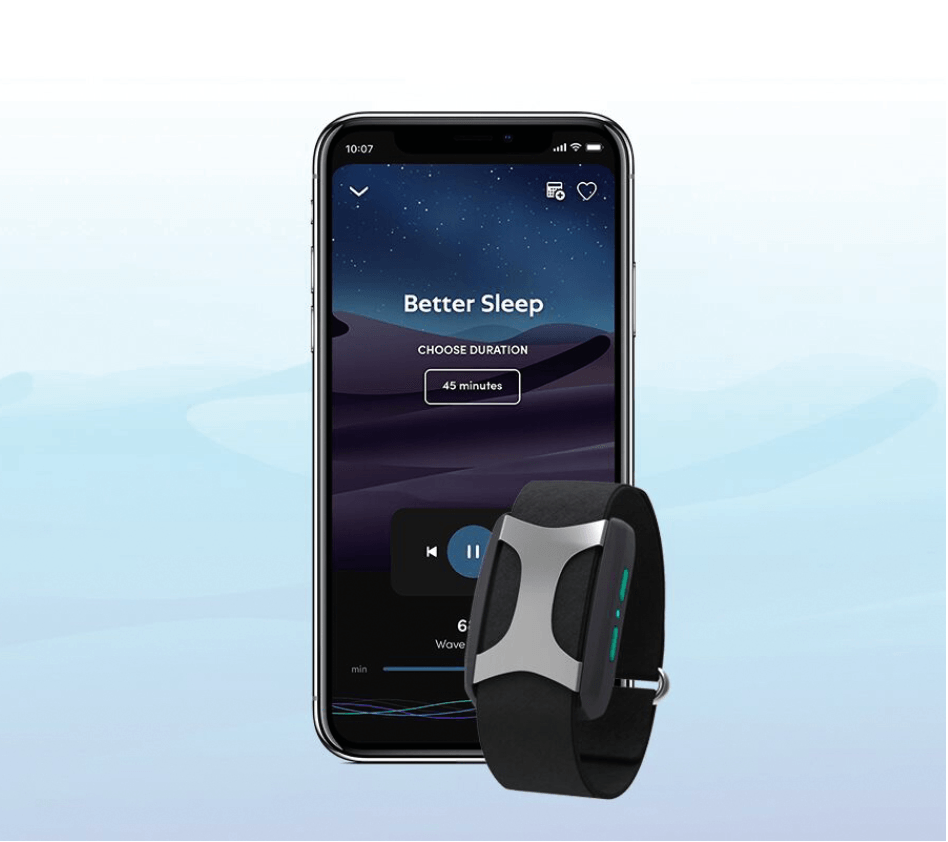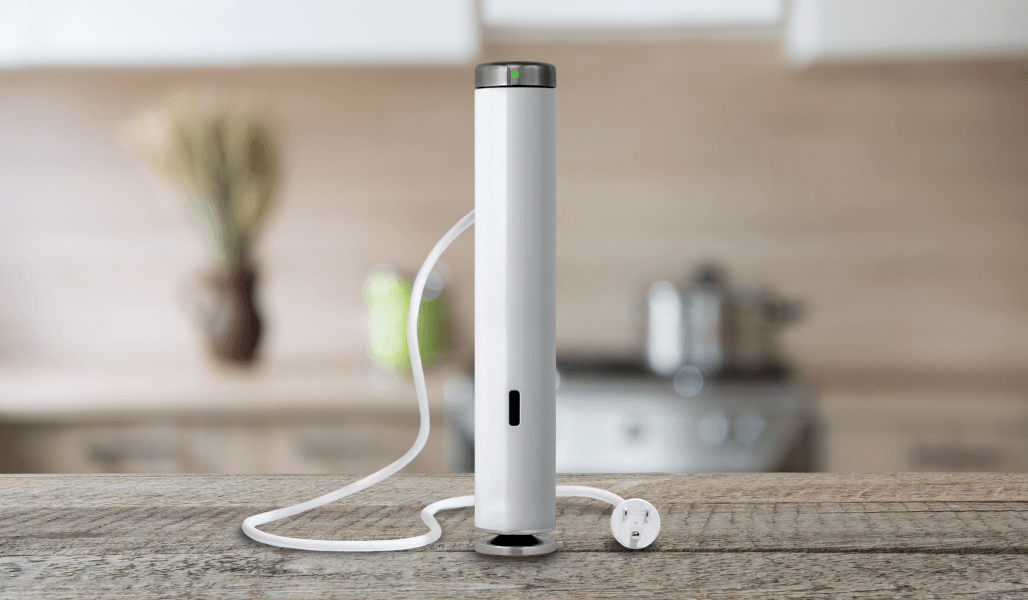Adam Levine Takes Creatine Gummies. But Should You?
In 1922, German confectioner Haribo introduced the Dancing Bear gummy. Today, more than 160 million Haribo gummy bears leave factory floors daily, headed to more than 100 countries. Vitamin and nutritional supplement manufacturers, along with CBD and THC vendors, have taken notice of consumers’ affection for the colorful and sugary delivery mechanism. Gummies are having their moment.

In April 2024, Men’s Health posted a YouTube video of Maroon 5 frontman Adam Levine in the magazine’s Gym & Fridge series. Within the first minute of the video, Levine picks up a package of Create creatine gummies, which he says are “scientifically proven” to bolster athletic performance. Create Wellness, a creatine gummy company, capitalized on the free publicity and has used Levine to draw more people to their brand.
Creatine is an amino acid that the body naturally makes in the liver, kidneys and pancreas. It is also found in meats and fish. But athletes and bodybuilders commonly use creatine supplements to enhance endurance, build muscle strength and promote brain health.
In a 2017 study, creatine was found helpful for a variety of health issues, including Parkinson’s, diabetes, osteoarthritis, fibromyalgia, adolescent depression and for those who are aging or pregnant.
Creatine supplements aren’t new, and they’re often used in the form of a powder or pill. But a rise in the overall U.S. gummy market has brought vitamin and nutritional supplement gummies to the forefront.
Gummification of America
The U.S. gummy market was estimated at $3.12 billion in 2023 and is expected to grow at a compound annual growth rate (CAGR) of 11.6% from 2024 to 2030, according to Grand View Research. The growth is attributed to increased awareness of ingredients used in the foods, and a shift from pharmaceuticals to nutraceuticals. It addresses widespread health problems, such as cardiovascular diseases and diabetes.
The U.S. gummy market accounted for 32% of the global gummy market in 2023 and has a 2024 market size of $3.46 billion—with a 2030 revenue forecast of $6.71 billion.
The vitamin-based U.S. gummy market accounted for 26% of the global market, an increase likely correlated with the continued prevalence of vitamin deficiencies among Americans, like Vitamin D and Vitamin B12. According to Oregon State University’s Linus Pauling Institute, “micronutrient deficiencies, especially iron, vitamin A, zinc, iodine, and folate, are prevalent in the developing world, affecting an estimated 2 billion people worldwide.”
The U.S. CBD/CBN-based gummy market is expected to grow at a CAGR of 17.3% from 2024 to 2023. The products contain cannabidiol and cannabinol, two of the hundreds of chemical components naturally found in cannabis plants. According to Forbes, “CBD interacts with neuroreceptors in the endocannabinoid system, which sends signals between cells in the body to help regulate movement, mood, homeostasis and immune function.”
A Forbes Health survey of 2,000 U.S. adults through OnePoll found 60% of respondents have tried CBD products and believe they offer medical benefits.
In a study by Jonathan P. Caulkins, a professor at Carnegie Mellon University—published this year in Addiction Volume 119, Issue 9 via Wiley—it was found for the first time that Americans’ use daily use of cannabis surpassed alcohol.
Do gummies work as nutritional supplements?
While gummies are certainly more appealing than pills or powder supplements—they’re sugary and sweet—they’re nowhere near a 1:1 swap, according to Cleveland Clinic.
In a 2021 article, the clinic’s primary care specialist Neha Vyas, MD, said gummy vitamins have fewer vitamins and minerals than regular vitamins.
But zero-sugar gummies are becoming more prevalent as health-conscious consumers look for products that meet their specific dietary needs, according to Claudia Giunta, a press representative for Gummi World, a custom recipe manufacturer of dietary supplement gummies and capsules.
Gummies make for an easier approach to taking vitamins or supplements because they’re mess-free, easy to transport and tastier. They’re also a good way to get kids to take their vitamins. But gummies intended for adults have exposed kids to THC. So, parents are urged to be careful about where they store them.
For kids, the U.S. gummy market is expected to grow at CAGR of 13.51% from 2024 to 2030.
How do you know what you’re getting?
Doctors advise that you understand why you want to take a dietary supplement in the first place and what you hope to get out of it. Maybe all you need to convince yourself is the fact that Adam Levine uses and promotes a certain product.
Major U.S. gummy companies include:
- SCN BestCo
- BSOCOGEN
- Catalent (CTLT, +32% YTD)
- Better Nutritionals
- SMPNutra
- Superior Supplement Manufacturing
- Well Aliments
- Vitakem Nutraceutical
- Nature’s Bounty
- CBD American Shaman
But newer companies like Create are storming into the market with approachable products featuring modern and sleek designs. They’re targeting a younger, healthier audience. Create makes the case that you don’t have to be a bodybuilder to take creatine. You can simply take it daily to improve your overall energy and wellness.
But pay attention to ingredients and sugars. Unlike most dietary supplements, creatine is approved by the Food and Drug Administration. If taken correctly, creatine is safe to use daily, but known side effects include weight gain, digestive issues, dizziness, high blood pressure, and muscle cramps, strains and pulls.
Key certifications consumers should consider, according to Giunta, are Non-GMO, USDA Organic, FDA Registered and cGMP Certified.
Non-GMO ensures ingredients are free from genetically modified organisms, offering a more natural and health-conscious product.
USDA Organic ensures the supplements are made with organically sourced ingredients, free from synthetic pesticides and fertilizers.
FDA-registered products guarantee the manufacturing facility strictly adheres to the Food and Drug Administration’s highest standards, promising safe, efficient and high-quality supplements.
Current Good Manufacturing Practice (cGMP) ensures the supplements are made in a facility that follows rigorous manufacturing processes, guaranteeing each product meets quality standards.
To make sure consumers are getting exactly what they want from a product, companies like Gummi World are manufacturing nutritional supplements in custom flavors. The customized experience enables customers to come up with their own ideas for large-scale production, while experts in nutrition, food chemistry, organoleptic evaluation and quality assurance work together to create a dietary supplement. The customer witnesses the entire process of recipe creation, evaluation and testing.
“We take pride in adhering to the strict quality standards for dietary supplement manufacturing and uphold certifications,” Giunta says. “More consumers opt for a gummy supplement over a capsule because they are easier to digest, are full of delicious flavors and offer flexibility in their dosage. The right execution of a gummy can create lifelong customers.”
